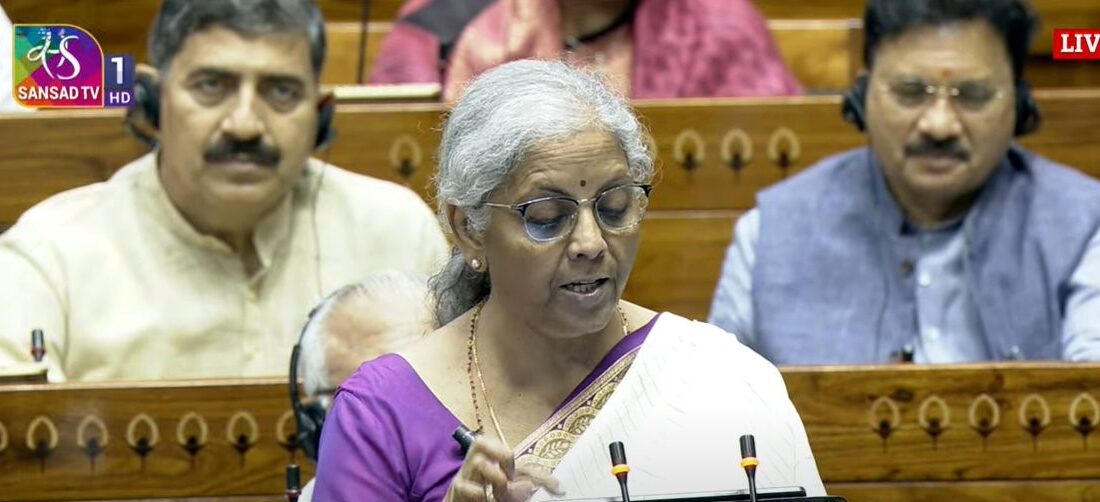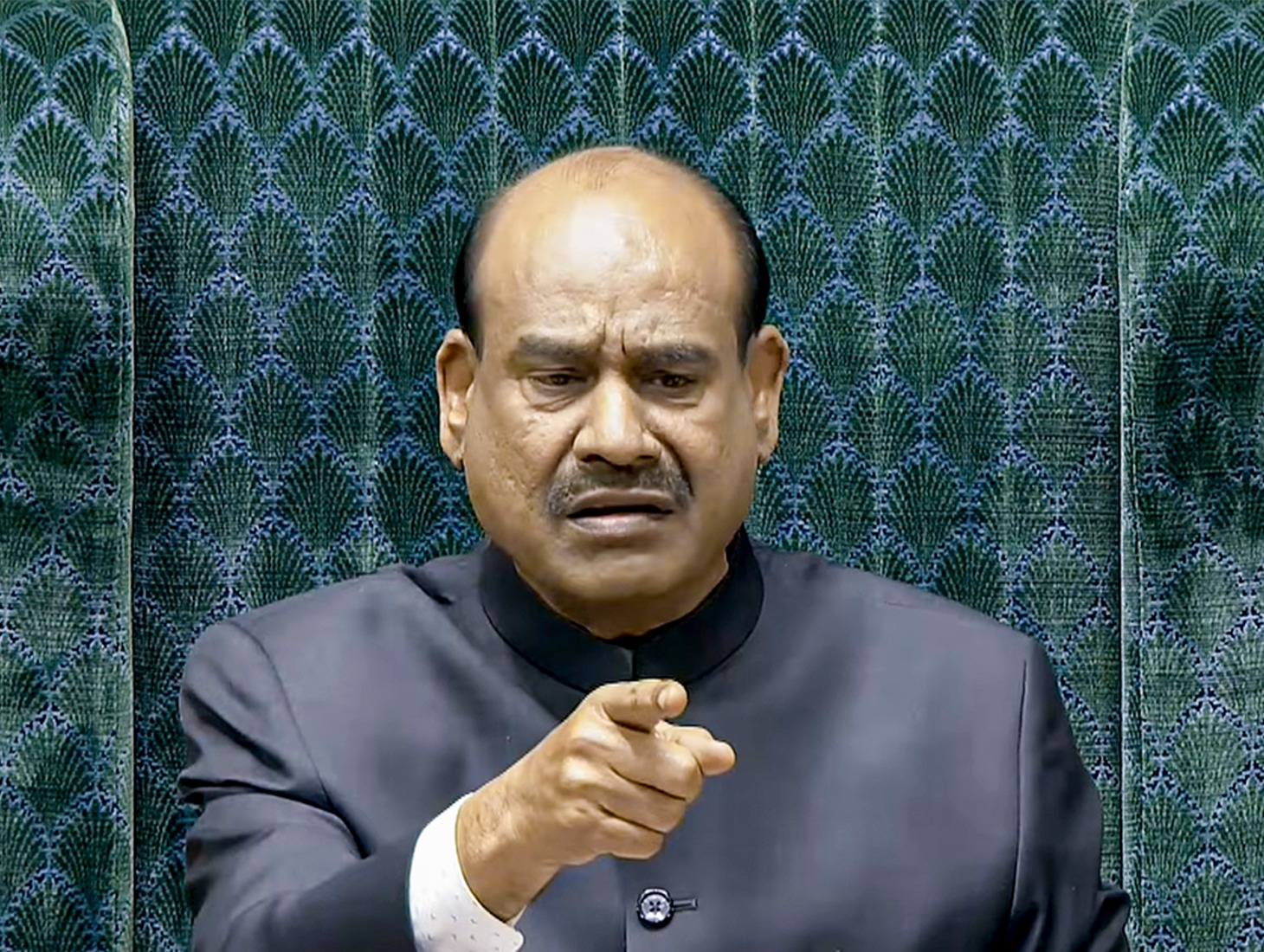The North News
New Delhi, February 13
Finance Minister Nirmala Sitharaman on Thursday introduced the Income Tax Bill 2025 in the Lok Sabha, marking a significant overhaul of India’s tax regime. The bill, which was first announced in the Budget on 1 February and approved by the Cabinet on 7 February, seeks to replace the 1961 Income Tax Act. The new framework simplifies tax structures, raising the nil tax limit for salaried employees to ₹12.75 lakh per annum, factoring in a ₹75,000 standard deduction. The bill also replaces terms like ‘previous year’ with ‘tax year’ and removes the concept of ‘assessment year.’ The proposed law of 622 pages is expected to take effect in April 2026. Once cleared by the Lok Sabha, it will be referred to the Parliamentary Standing Committee on Finance for further scrutiny.
According to an official statement, the Finance Minister tabled the Income-tax Bill, 2025, in Parliament today, marking a significant move toward simplifying the language and structure of the Income-tax Act, 1961. The bill follows three core principles: textual and structural simplification for improved clarity, maintaining continuity by avoiding major tax policy changes, and preserving predictability for taxpayers by not modifying tax rates.
A three-pronged approach was adopted to enhance readability and ease of use. The bill eliminates intricate language, removes redundant provisions, and reorganizes sections logically for better navigation. To ensure an inclusive and research-based process, the government engaged extensively with stakeholders, including taxpayers, businesses, industry associations, and professional bodies. Of the 20,976 online suggestions received, relevant inputs were reviewed and incorporated where feasible. Consultations were also held with industry experts and tax professionals, drawing from simplification models used in Australia and the UK.
















